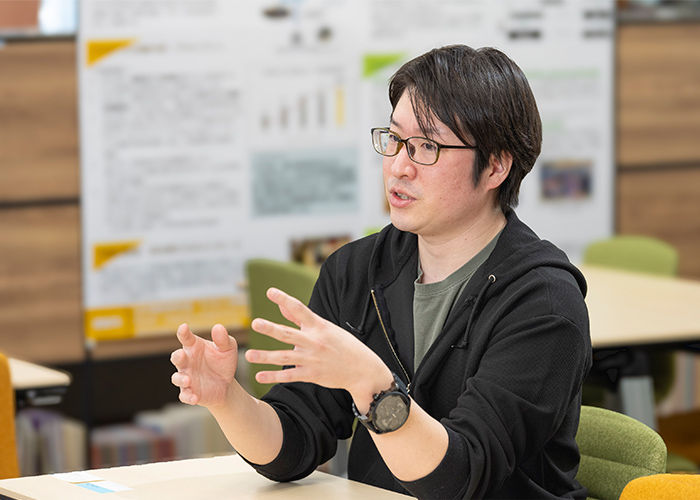EIC Helped Me Experience the Diversity of Perspectives Firsthand
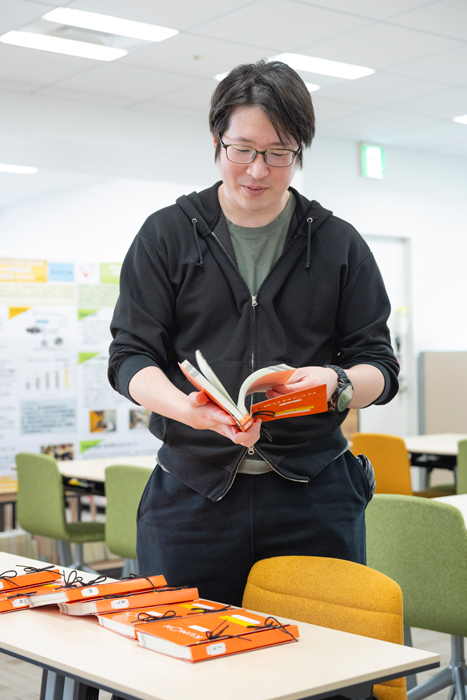
— How did you first encounter the Kumon Method?
I was born in Nara, and my grandmother ran a Kumon Center in the city. Because of that, I started attending Kumon even before I was fully aware of it. I distinctly remember working on pencil control exercises in kindergarten, and from then on, I continued studying math and Japanese.
In elementary school, I also started studying English. My grandmother, who had graduated from a national university and studied English and French, frequently emphasized the importance of foreign languages. She encouraged me, saying, “You should give it a try.” Since I naturally enjoyed trying new things, I was intrigued by the English worksheets, which I had never seen before.
There were some other lessons that I quit because I felt they werent quite right, but I continued Kumon until middle school, progressing to the high school worksheets in math, Japanese, and English.
I’ve always believed that “learning” and “studying” are different concepts. I disliked being forced to study for exams, but I could spend an entire day learning things that genuinely interested me. The Kumon materials were engaging, whether in English or Japanese, so I never found learning unpleasant from childhood through middle school.

— What are your memories of EIC?
When I was in fifth grade, my grandmother showed me a brochure for EIC, which was held at Ritsumeikan Asia Pacific University in Oita. She said, “It looks interesting, why don’t you try it?” By then, I had already passed the Eiken proficiency test, meeting the requirements for participation. My first thought was simply, “This looks fun!”
That said, even though I had been exposed to English through Kumon materials, I couldn’t speak English at all at the time. I was nervous about whether I could manage in an English-only environment. But once I took the leap…
It was incredibly refreshing! The camp leaders came from all over the world—as far as I remember, from Australia, Ghana, Sri Lanka, Malaysia, China, Korea, Russia, the U.S., and New Zealand, Tonga, Nepal among others.
Through activities like campfires, making T-shirts, and playing baseball, I realized firsthand that people have different ways of thinking, perspectives, cultures, and customs.
One thing that struck me was how directly foreigners express their emotions and opinions compared to Japanese people. I was a mischievous kid and played a little prank at camp. In Japan, it was something minor that wouldn’t have been a big deal, but at camp, I was clearly told, “No, that’s not okay.” That was when I first realized, “Even if I think it’s just a harmless joke, it’s not acceptable in some situations.”
Until then, I had only interacted with Japanese people and had no way to compare different perspectives. EIC was a profoundly eye-opening experience that allowed me to understand different ways of thinking firsthand.
Kumon Helped Me Develop Reading Comprehension, Analytical Thinking, and Logical Reasoning for My Career
— How did your journey from education to employment unfold?
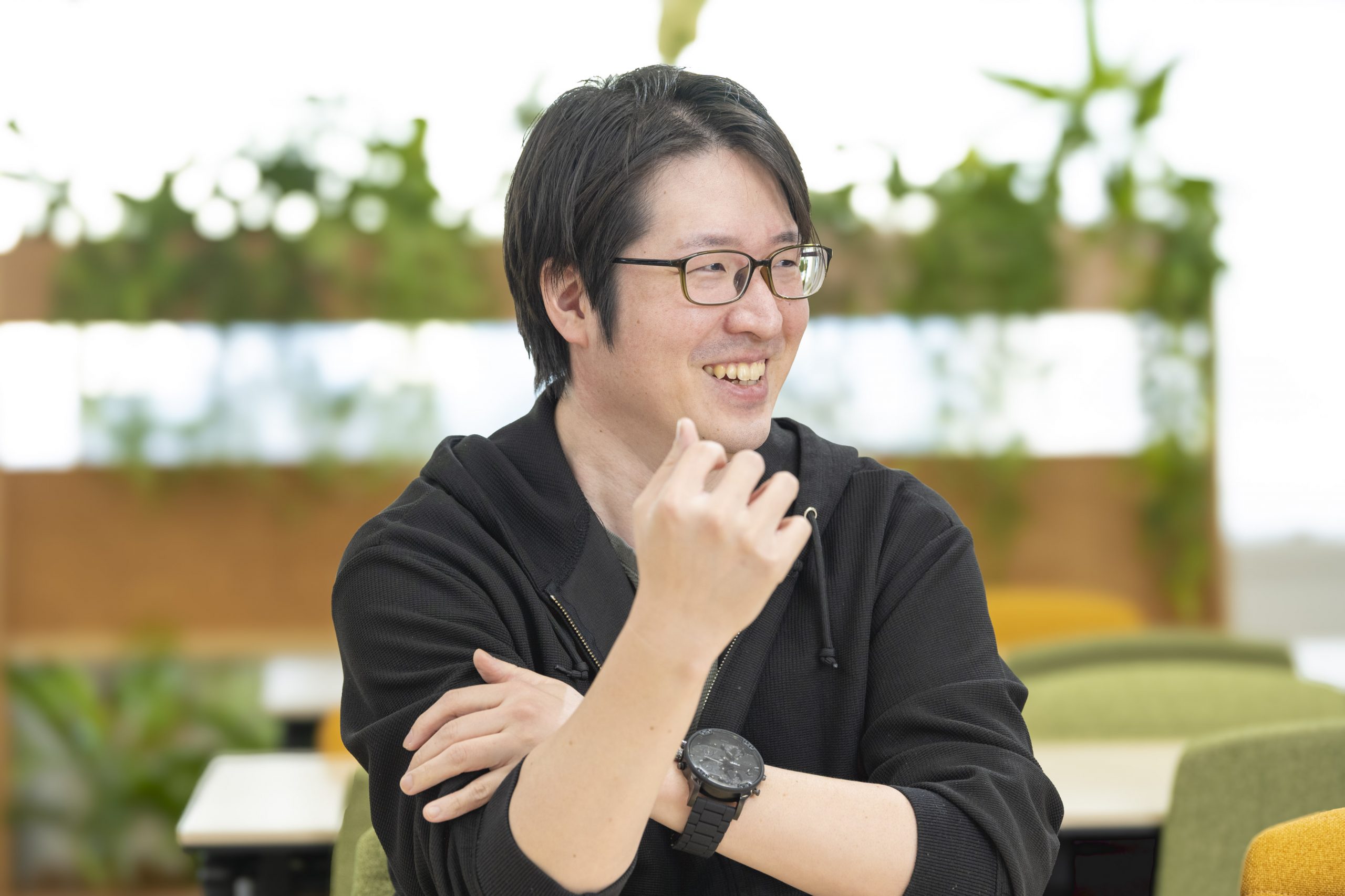
As a child, I loved animals so much that I kept a journal on insects. I believe that interest was sparked by reading about entomologist Jean-Henri Fabre in Kumon materials. I also devoured Kumon-published books about Fabre in my classroom. Back then, I vaguely dreamed of having a career related to living creatures.
However, in middle school, as I learned more about society and my parents’ jobs, I realized that choosing a career isn’t that simple. I started wondering, “Can I make a living doing this?” Maybe I was already a bit too practical for my age.
Since I was deeply engaged in studying English, Japanese, and math through Kumon, I performed well in school and entered a prestigious high school. I was passionate about music and wanted to start a light music club, so I worked hard to maintain good grades to get approval for the club. Unfortunately, I couldn’t make it happen.
Determined to enjoy music in university, I researched and enrolled in Ritsumeikan University’s College of Policy Science, which had band circles. Half of the classes were in English, and we had to write reports in English, but thanks to my solid foundation from Kumon, I didn’t struggle at all. That said, my university life mostly revolved around music!
During job hunting, I was influenced by family members working in public service—doctors, lawyers, and self-defense officers—and decided that I wanted a career that contributed to society.
Therefore, as a new graduate, I found a job at a semi-private, semi-public company that had just been privatized. This may sound contradictory to my personality of wanting to do things I had never done before, but I felt that it would be interesting to work for a semi-private company that was trying to launch new businesses one after another while also ensuring the public nature of the business.
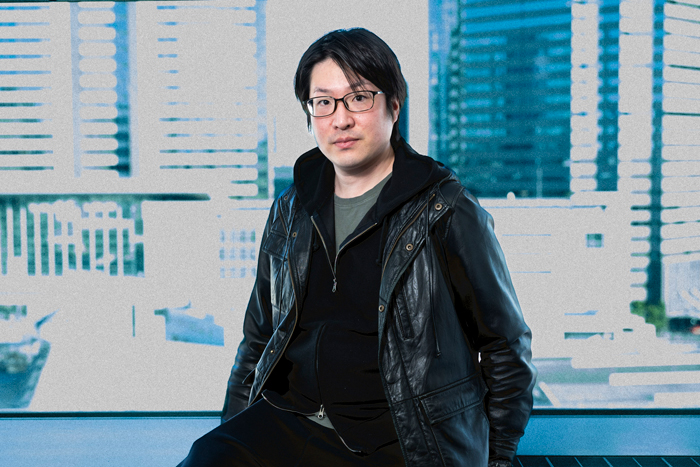
I worked at that company for eight years, mainly handling EC and new business development for subsidiary companies. I was able to contribute to the launch of different kinds of new projects, helping the company increase subsidiary profits.
— How did you end up in your current job?
Through the experiences from my previous company, I realized that planning and strategy suited me, so I decided to transition into consulting. I now work for a consulting firm with colleagues and clients from a variety of backgrounds. Since Japanese businesses align with my values, I chose a firm that supports Japanese companies. Consultants are professionals who help executives solve management challenges. My work involves a meticulous process—understanding a company’s overall situation, considering external factors, listening to executives’ concerns, shaping strategic plans, and then breaking them down into sales, digital, and operational strategies. Many people may have a glamorous image of this, but it’s actually down-to-earth work that involves working closely with clients.
Regardless of your career, basic academic skills—reading, writing, and arithmetic—are essential. Consulting, in particular, demands data analysis (math skills), reading comprehension, and logical reasoning. Crafting hypotheses, verifying them with clients, and refining them is a constant process. I still rely on the fundamentals I built through Kumon, including my ability to read English documents effortlessly.
Restarting to study KUMON English Worksheets—Kumon Materials Also Help Adults with Reskilling
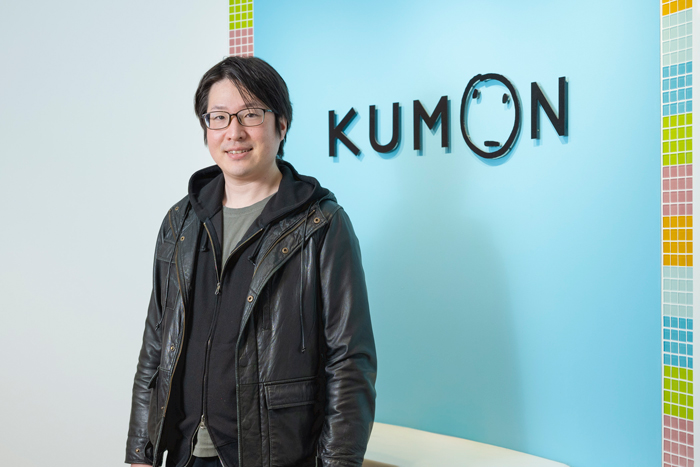
— Can you share some memories of your parents and grandmother?
As the eldest son, I was my parents’ first experience with raising a child. Looking back, I think my mother was quite intense when it came to education. However, I could always feel her strong desire to provide me with a proper education. Education costs money, too, so I am grateful to my parents for their investment in me.
I mentioned earlier that my grandmother ran a Kumon center. Back then, she set up low tables in the living room of her house, and students would gather in a lively, almost terakoya-style (temple school) learning environment. It was the kind of place where you could slack off if you wanted to, yet somehow, everyone remained focused and studied diligently.
Unlike schools or cram schools where teachers stand in front and lecture, Kumon fostered a sense of independence. Even as a child, I felt that it was a unique community that encouraged self-motivation. My grandmother had a strict rule: we couldn’t leave until we finished our work and scored 100 on our assignments. She ensured that we completed our tasks properly before going home.
If I got an answer wrong, she wouldn’t immediately tell me the correct answer or how to solve it. Instead, she would say, “Think about it again.” Nowadays, even video games often have “easy modes” that let players skip difficult levels and move forward. But my grandmother believed in perseverance—she made sure we kept trying until we got it right. Looking back, I think that was a valuable lesson.
Now that my grandmother is elderly, my mother has taken over running the Kumon center. Recently, I decided to start studying English again, so I asked my mother to send me Kumon’s English worksheets. One of the great things about Kumon materials is that they allow you to learn grammar naturally as you progress through reading exercises. Right now, I can read English intuitively, but I want to refine my skills. Kumon’s materials are perfect for adult reskilling, helping professionals systematically improve their English abilities.
— Message to Kumon Students and Parents
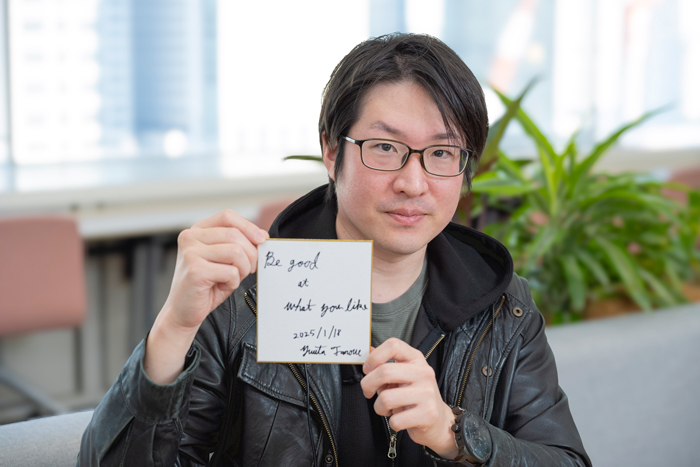
To students:
“Study hard, and play hard!” Work diligently, finish your studies on time, and then enjoy whatever you like—be it video games or other hobbies. No matter what path you choose in life, the foundational skills you develop through Kumon will always be valuable. If you’re lucky enough to have the opportunity to do Kumon, take it seriously. And remember, your parents are investing in your education—don’t take that for granted.
To parents:
Nurture your child’s interests. That doesn’t mean indulging their every whim, but rather, ensuring they complete their necessary tasks, explaining why those tasks are important, and setting clear deadlines if needed. Then, evaluate their progress accordingly. If they meet the agreed-upon goals, allow them to fully immerse themselves in what they love. Speaking from personal experience, those passions will undoubtedly shape their future career and life.
Kumon English Immersion Activities What is Global Immersion Camp (GIC)?
KUMON Global Immersion Camp (GIC) Global Immersion Camp (GIC) 2024 GIC 2024 Final Report | KUMON now! Topics A Beam Consulting Abeam Consulting Ltd. 15th Anniversary Event of the English Immersion Camp KUMON now! Topics

